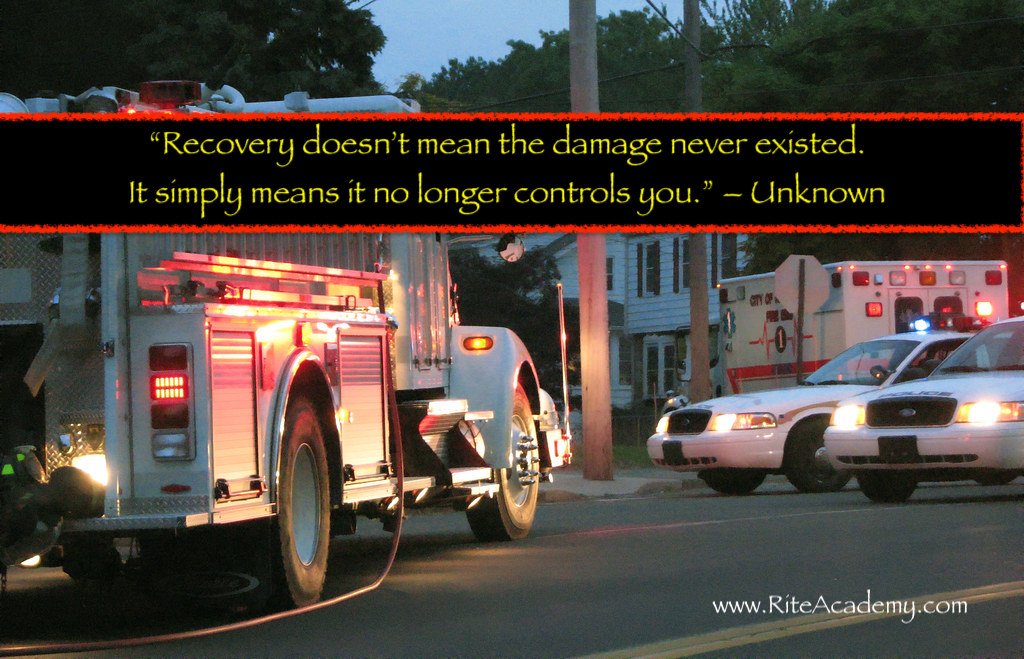In Step Four, You finally reach your ‘Breaking Point’, where Cumulative Career Trauma has set in. The following signs may appear.
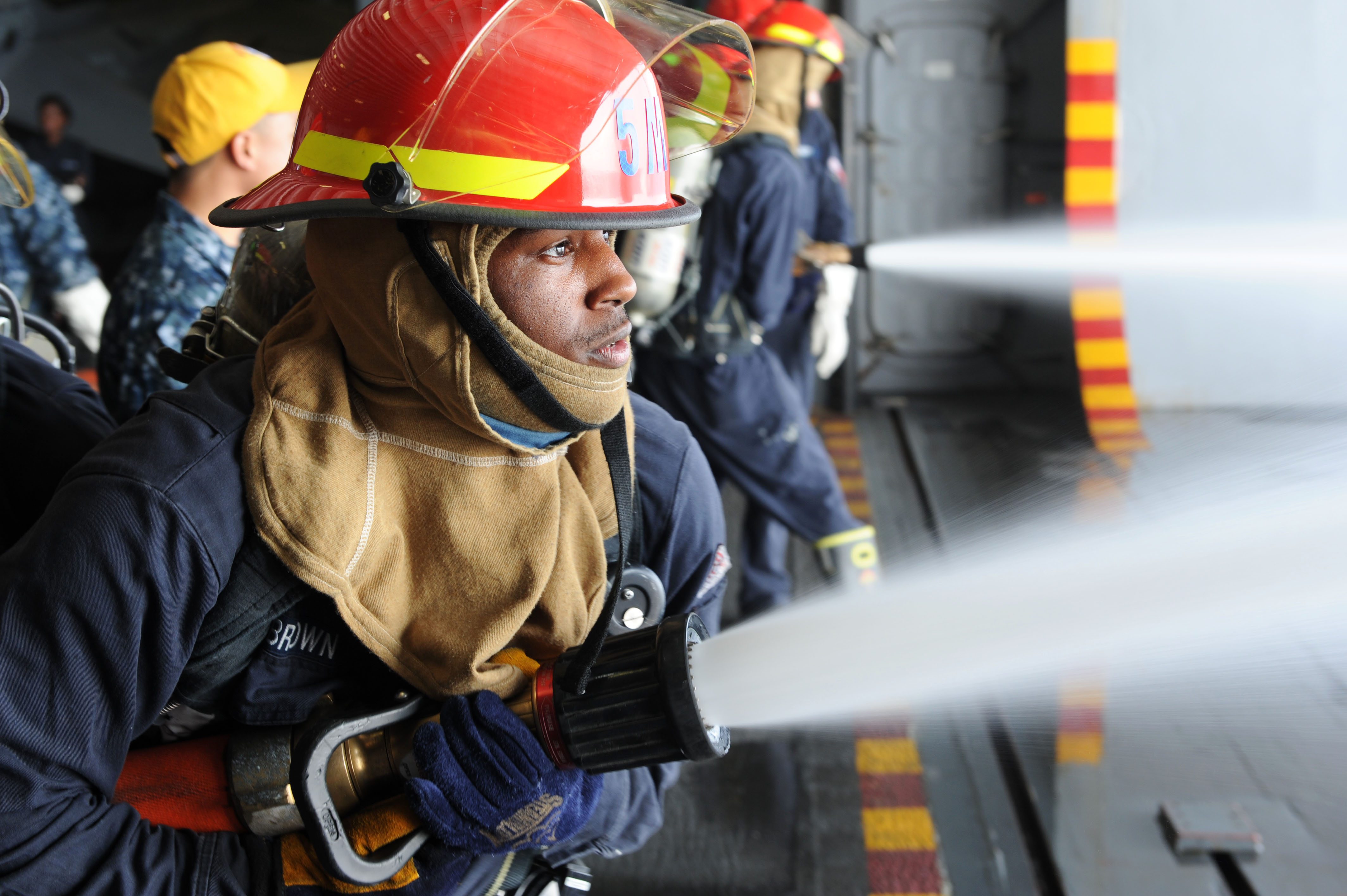
Firefighters are Climbing an Emotional Intelligence Ladder for Mental Health
We can’t expect a firefighter to carry the heavy burden of ongoing trauma without giving them mental strategies to deal with this stress. When you hear “I’m Fine,” or “I’m good,” and your gut is telling you something is not right… they are likely NOT FINE at all!
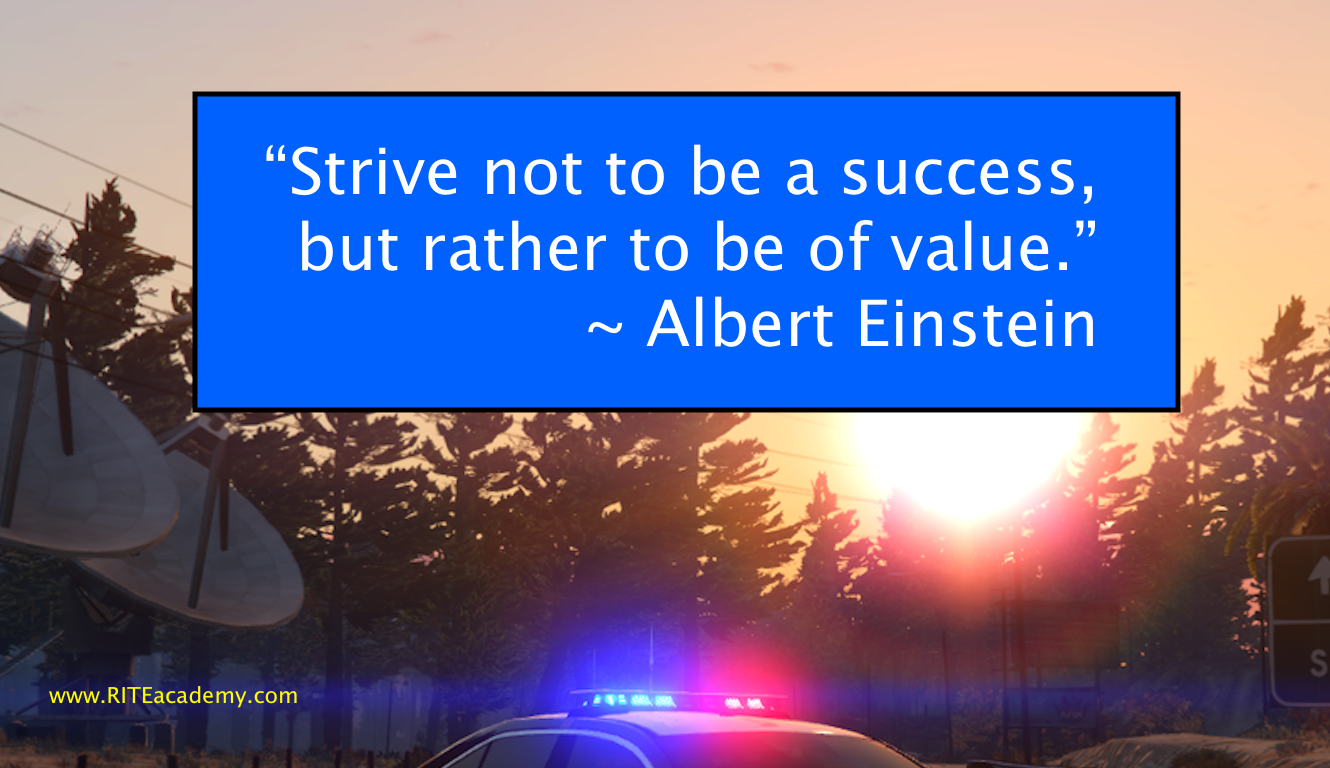
Officers Knowing and Believing the price of VALUE
What Value have you offered (or taken away from) the public service profession? Your VALUE becomes your life-story. How you make a difference for yourself, the profession, and within the community you serve becomes your story.

Racial Equity and Emotional Intelligence Grants and Funding Resources for Public Service
Since late May, Grabois said, financial commitments by companies to racial equity causes have grown “exponentially larger” than any other cause other than COVID-19.
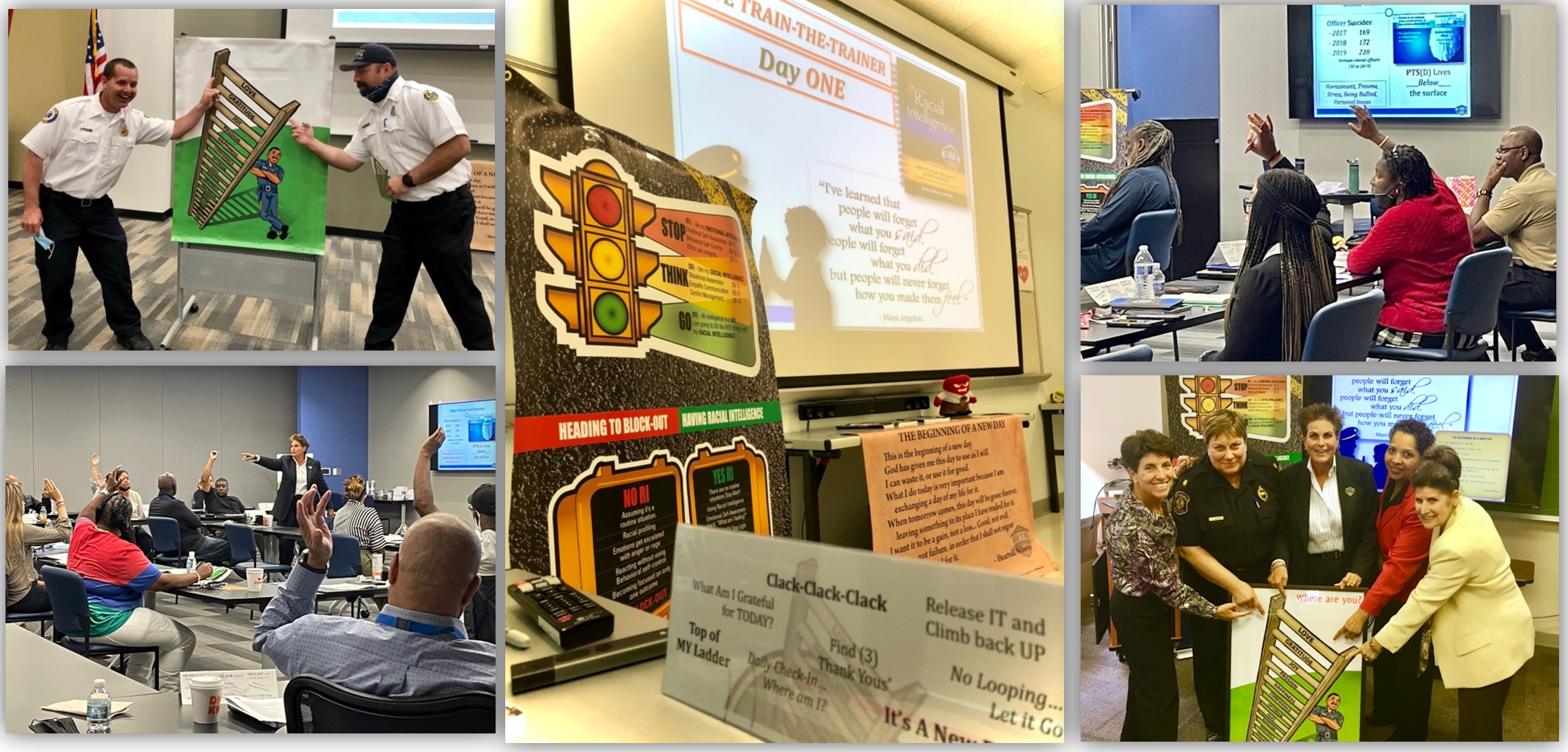
RITE Celebrates 6 Years of Teaching Racial Equity to Public Service Agencies
Time flies when you’re having fun, and bringing a bit of that fun to others. RITE Academy has been teaching Racial Intelligence and Race Equity for over 6 years to public service…
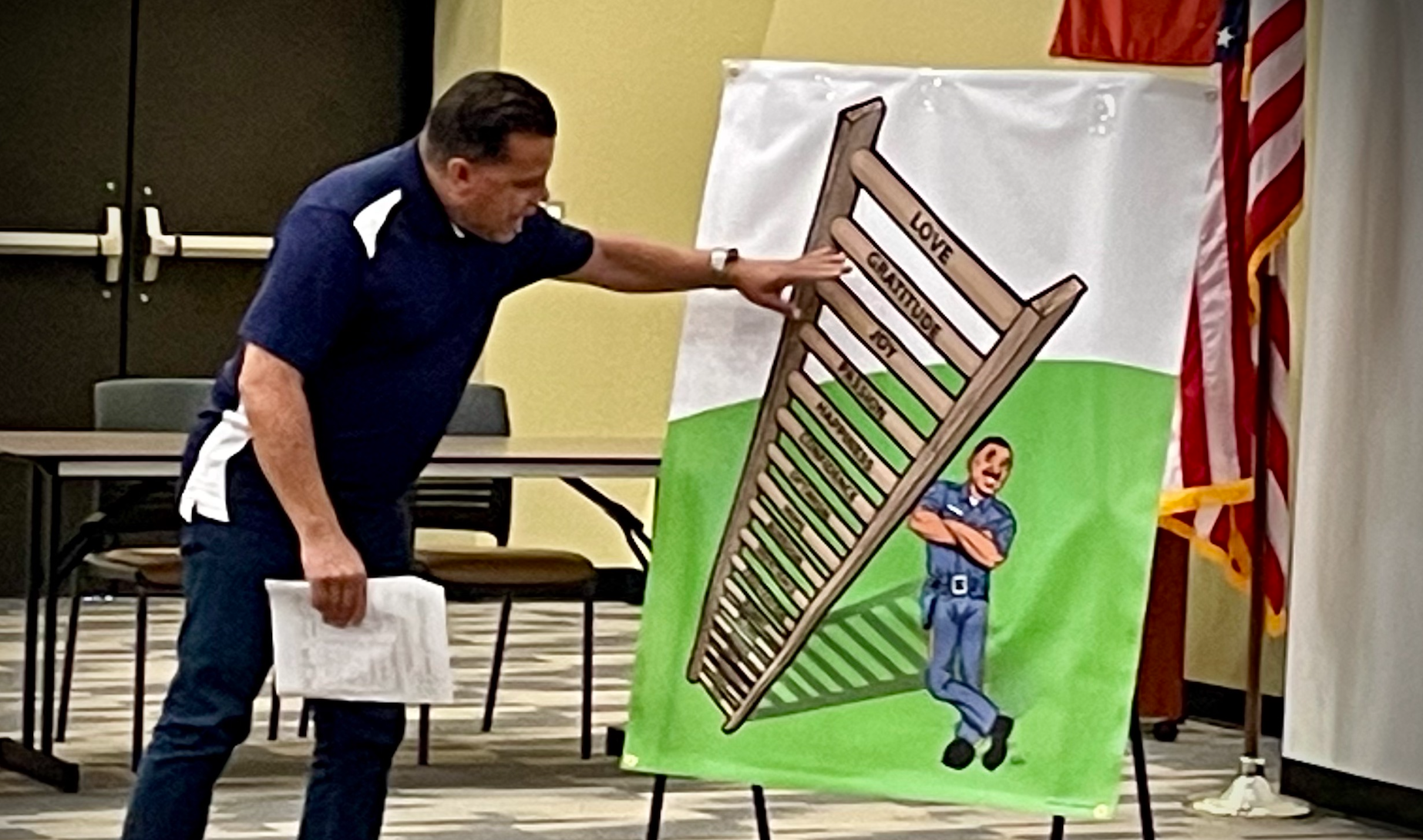
Racial equity with Emotional Intelligence can Reduce Use-of-Force Incidents
Racial Equity lives inside the Racial Intelligence model of treating everyone fairly.
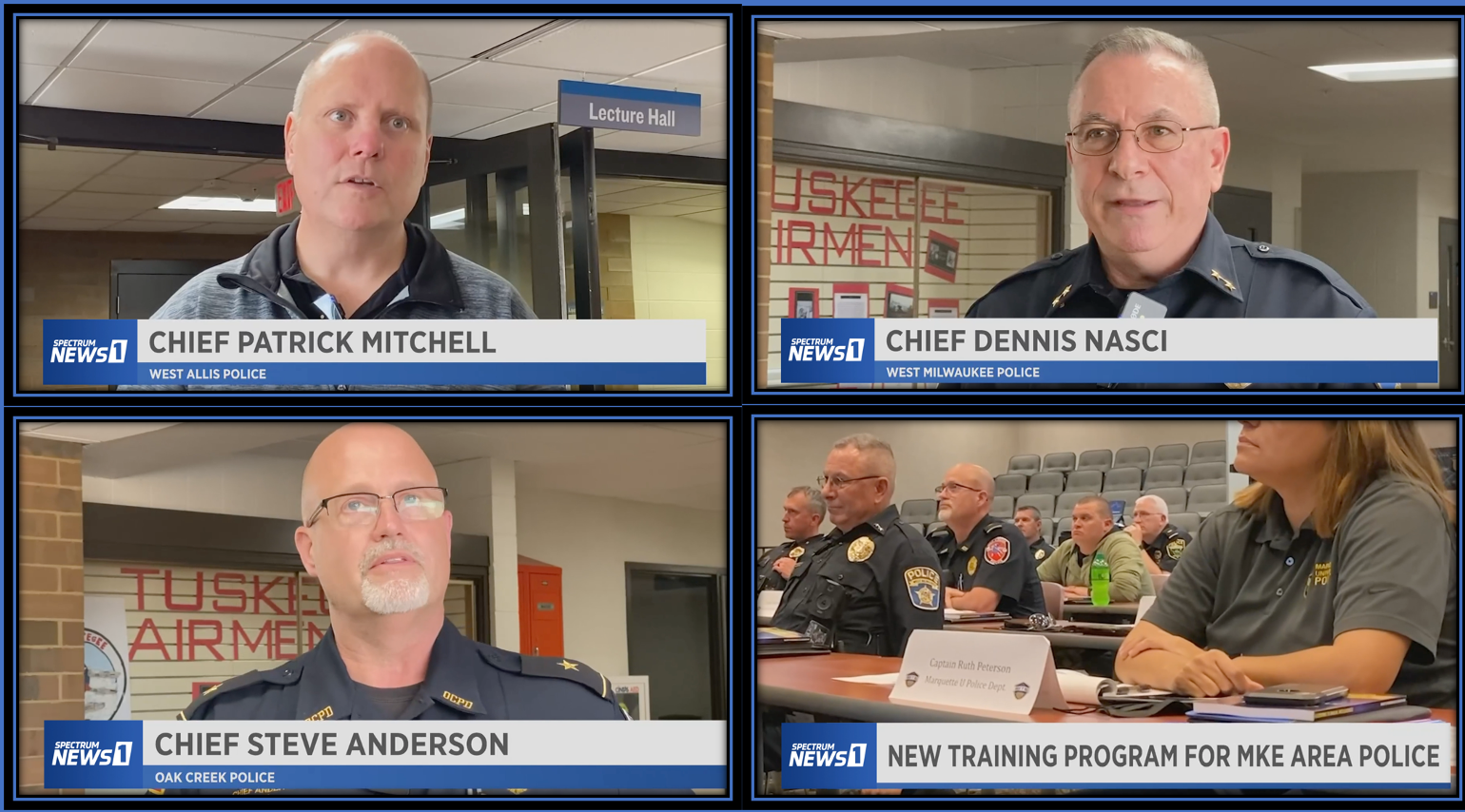
MILWAUKEE — 14 Wisconsin police departments went through RITE Academy training this week
At the height of civil unrest last summer, area chiefs, including West Allis Police Chief Patrick Mitchell, recognized the need to bring in a new training program.
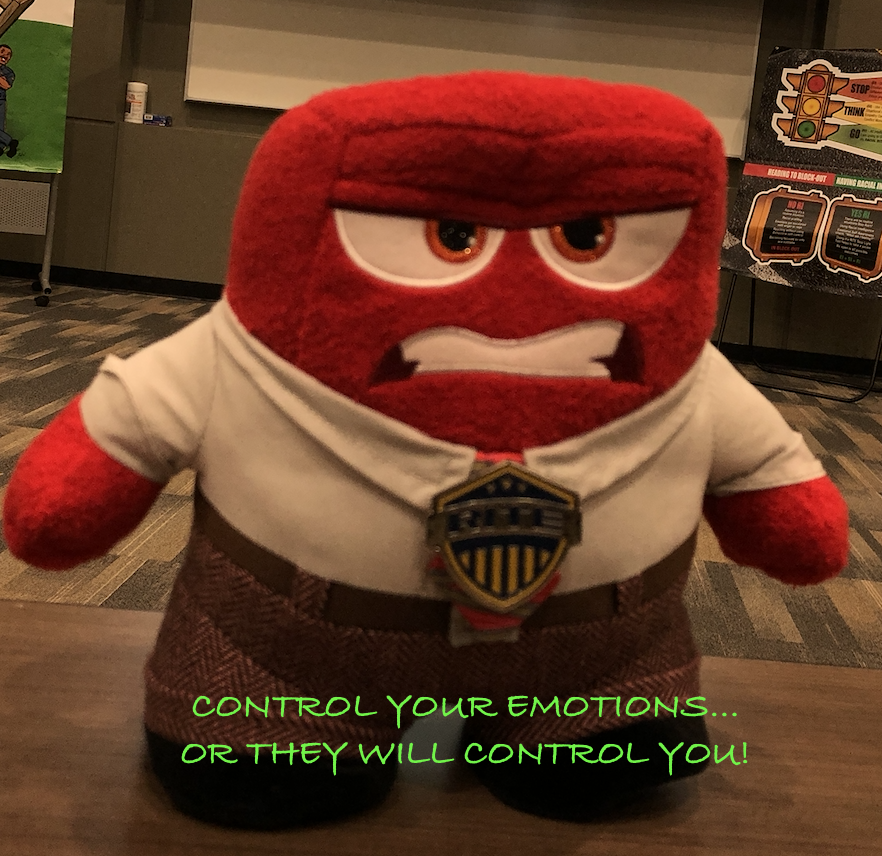
Emotional Intelligence reduces Golf scores and Misconduct
When our emotional well-being gets shifted negatively, misconduct can occur. These negative events or triggers can be connected to our ‘hot buttons’, or things that piss us off to a point that we can take our anger and frustration out on others.

‘Doing the RITE thing’: Worcester Firefighters participate in Racial-Equity program
“Worcester Fire Department has committed itself to is continuous improvement,” Dyer said. “We recognize that we have improved in every way – the way we welcome people, the way we’re onboard, the way we train, the way we deliver our services,”
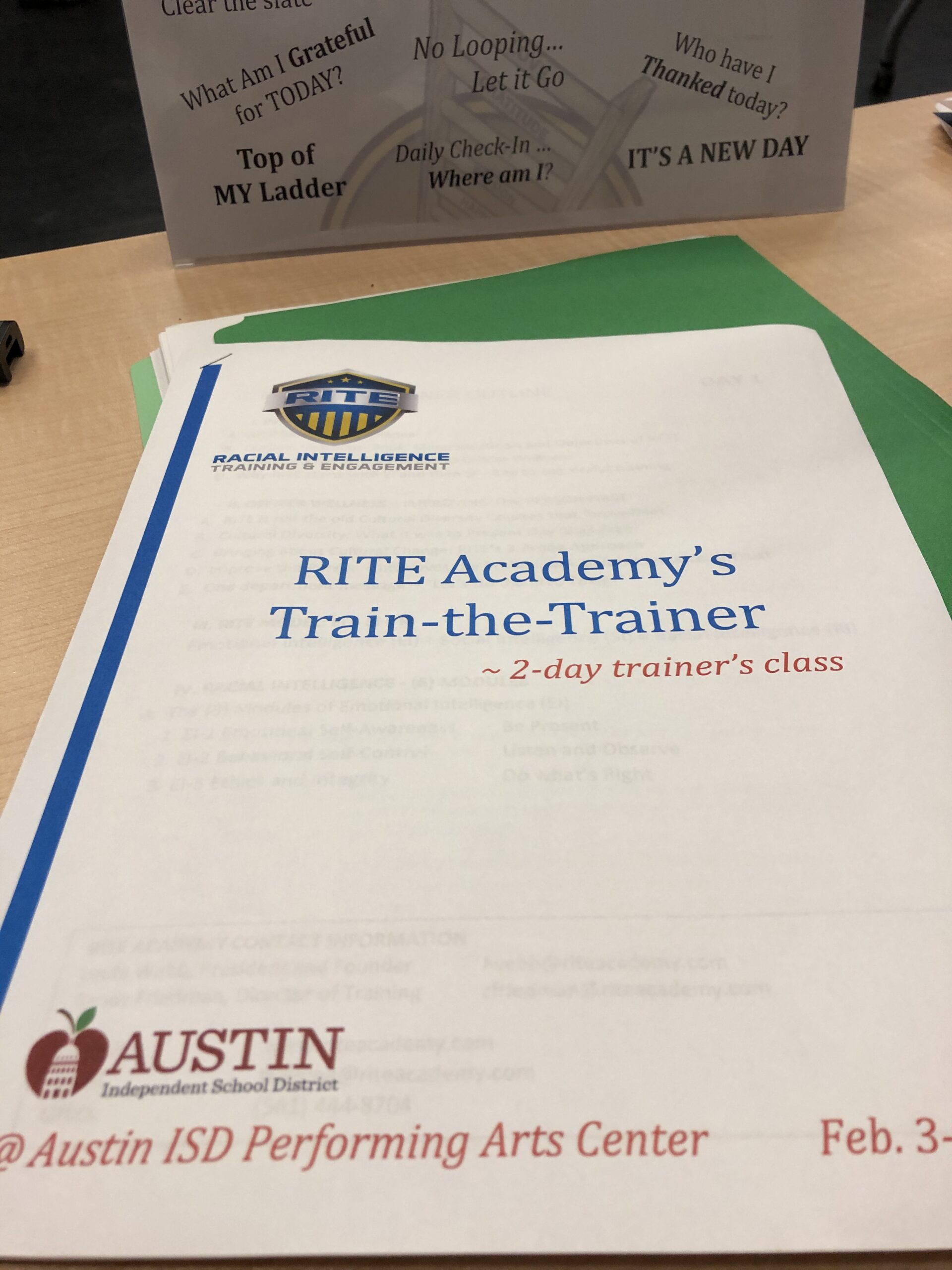
San Marcos Police Officer attends Racial Intelligence Training
“Officers are encouraged to dig deep, recognize trauma, and find healthy outlets to improve their service to the community.”
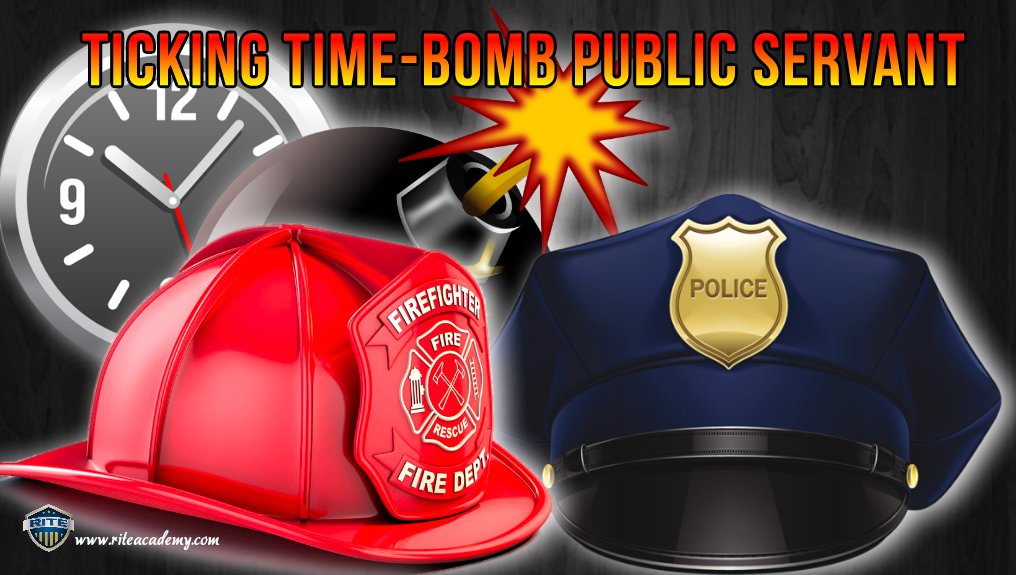
Emotional Ticking Time-Bomb Employees, and the Effect on an Entire Agency
The Ticking Time-Bomb employee appears to be all buttoned-up on the outside, but on the inside is suffering from mental pain and suffering.
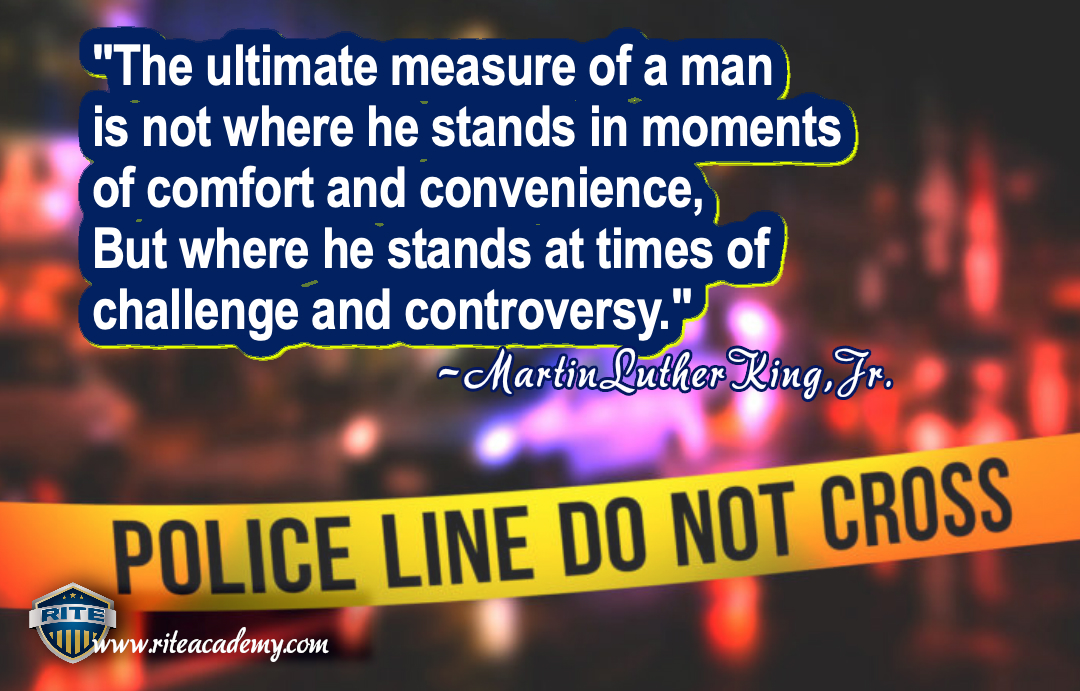
Sheriff walks the walk towards Racial Equity and Intelligence Training for the County
In light of Martin Luther King Day, we celebrate the pro-active public service agencies that have put racial equity and intelligence training at the front of the class. Here’s how Broward County FL has ‘stepped up’ their racial equity plan.
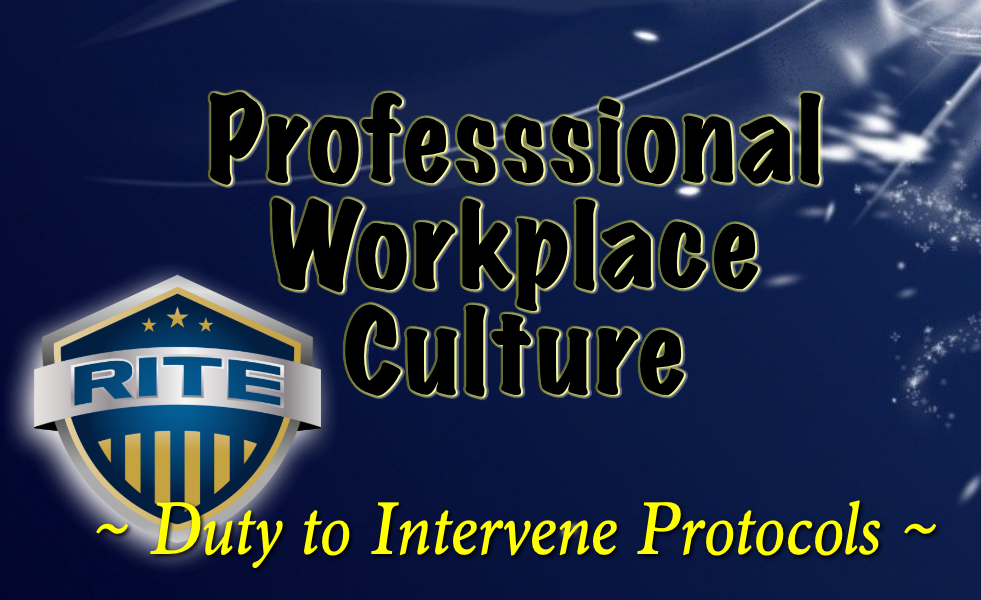
Duty to Intervene Protocols mandated in Racial Equity plans Nationwide
Why Mayors are Endorsing RITE Training… Cities across the nation have realized that in order to have better police-community relations that part of building bias-free relations, requires racial equity plan commitment to includes RITE Professional Workplace Culture Program.
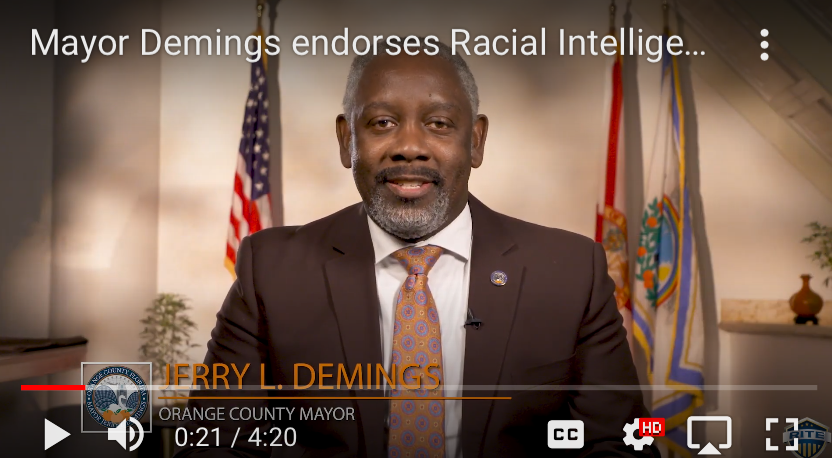
Learning the ‘RITE’ Way: Orange County Public Safety Hosts Racial Intelligence Training for All Public Safety Agencies in the County
“I am extremely pleased that Orange County provided this training to all the public safety agencies in the County,” said Orange County Mayor Jerry L. Demings, who previously served as Orange County Sheriff and served for nearly 40 years in public safety.” Watch YouTube VIDEO
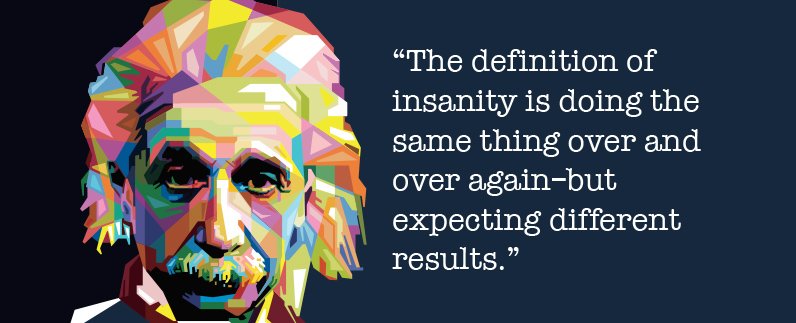
Racial Equity Policing Expands Fairness and Justice to All
Racial Equity in Policing means to pay disciplined attention to race and ethnicity while analyzing problems, looking for solutions, and…
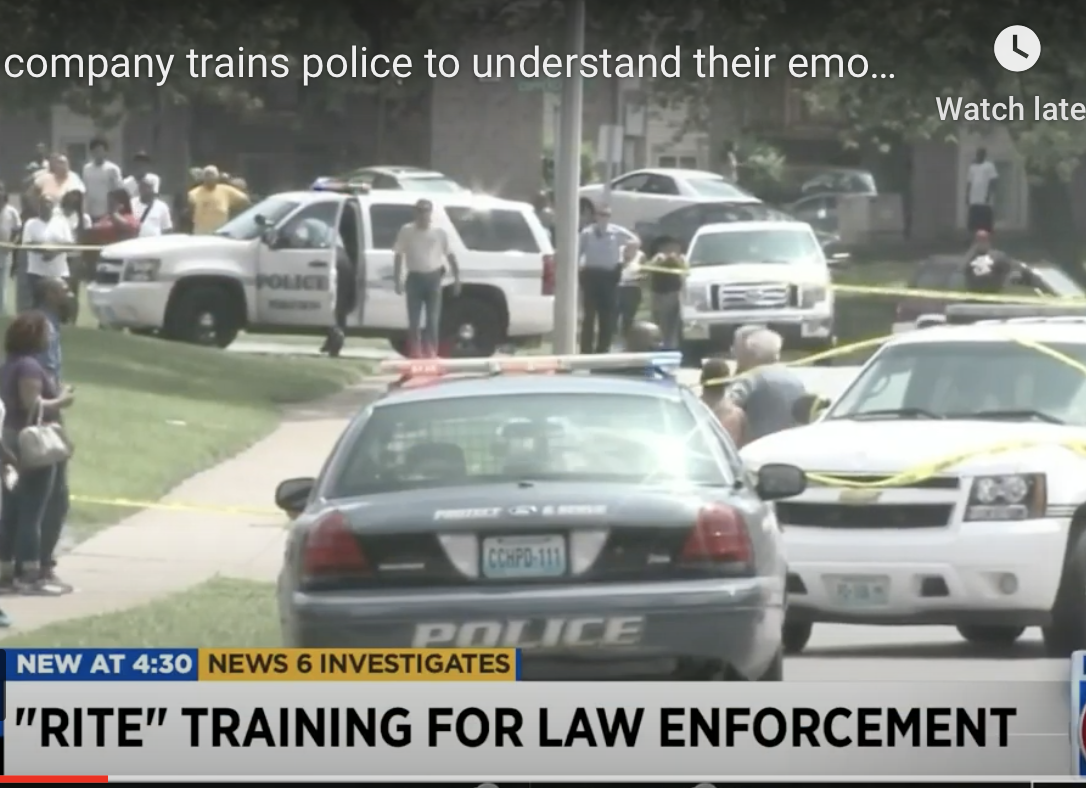
Emotional Intelligence could prevent Officer Excessive Force
If you work in public service, people are going to push your buttons. How you react to any given situation, is what separates you from other employees in your agency.

Racial Intelligence Trainer’s class taught to 17 Police agencies to improve community relations
“My police partner may see me going into Block-out. So what we teach is duty to intervene. The RITE response is to STEP IN, TAP OUT and TAKE ACTION.”
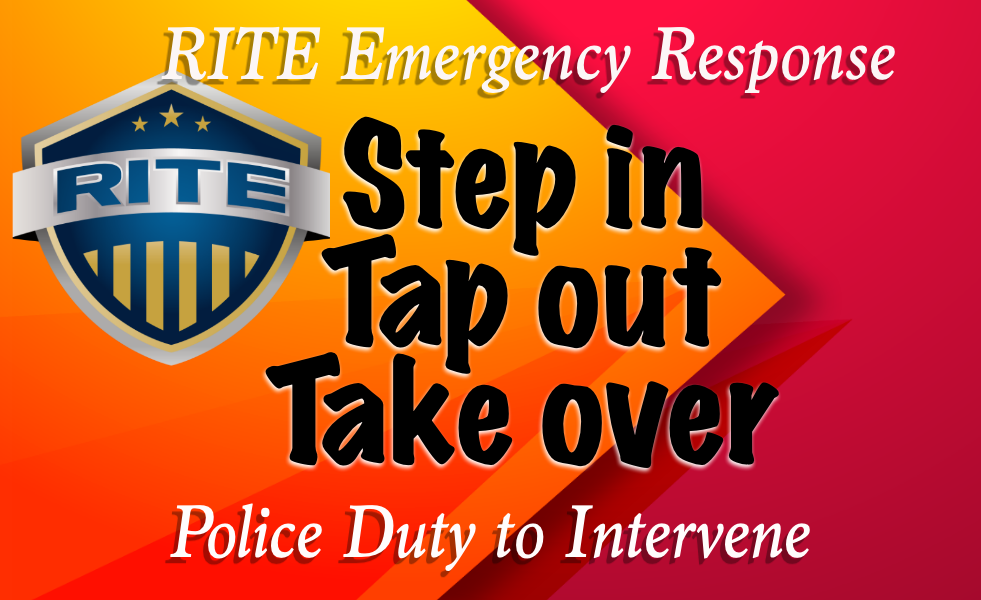
Police Duty to Intervene get in control of Block-Out
Block-out’ on a police call, has ENDED careers. Do you remember a time when you lost control of the situation, (back when no cameras rolling)? If you have ever worked on the streets or in the jails…

Police Leaders Speak Up in the aftermath of George Floyd’s death
If you missed the RITE Interview on MSNBC with Joshua Johnson who asked some tough policing questions, and the training that may be missing in many departments, watch it here. Linda Webb, RITE Academy…
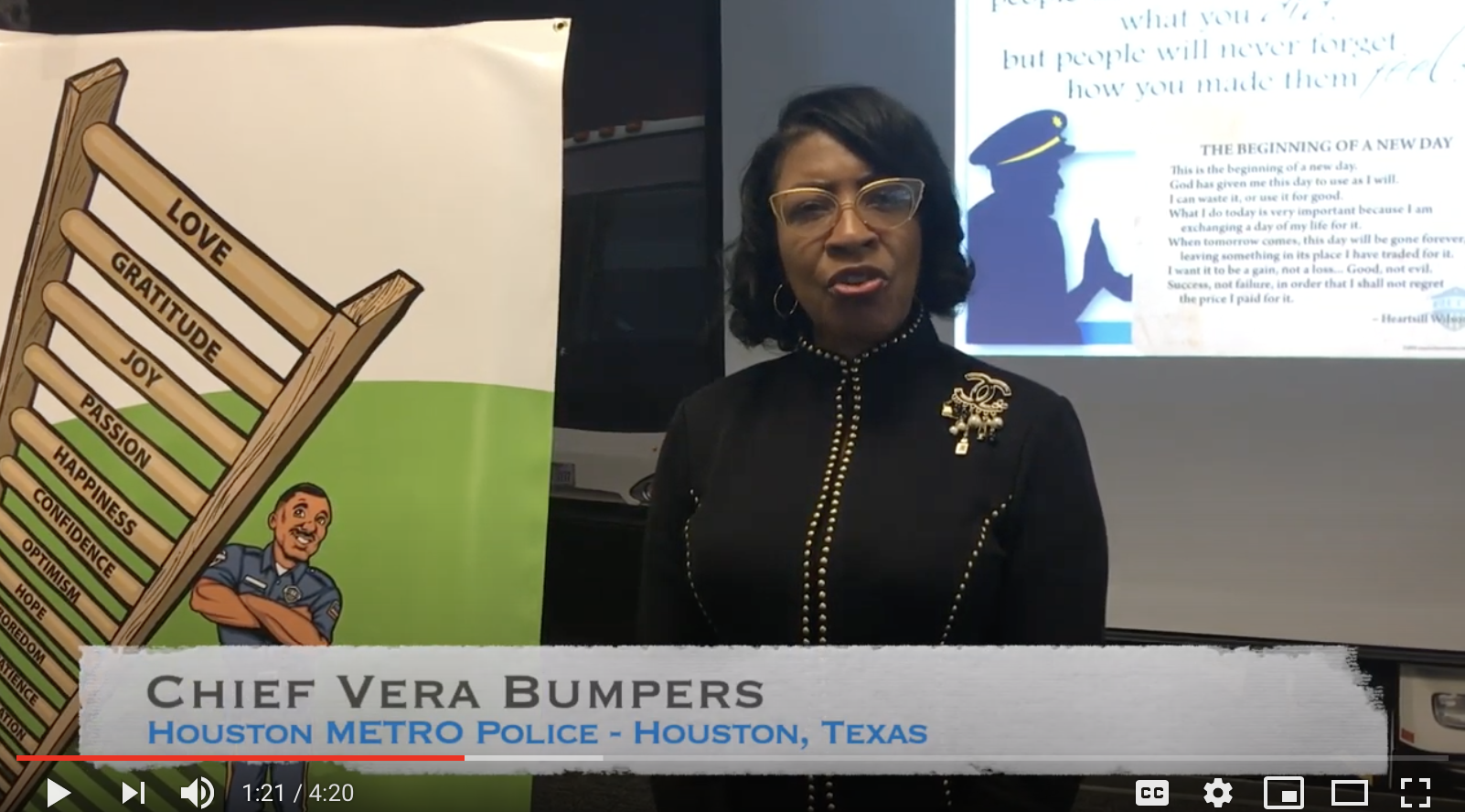
Police Leaders can Improve Officer Control on the Street
Police Leaders talk about improving Emotional Intelligence for their officers. Officer Wellness must live at the top of the Ladder…
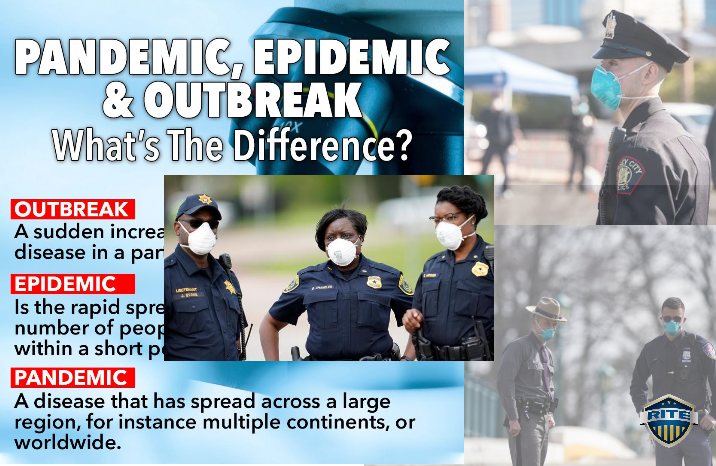
First Responder Mental Health and Emotional Wellness During a Pandemic
Staying POSITIVE, During NEGATIVE Times – Officer wellness is often overlooked during a pandemic, when the job of the Officer is to care for the wellness of others.
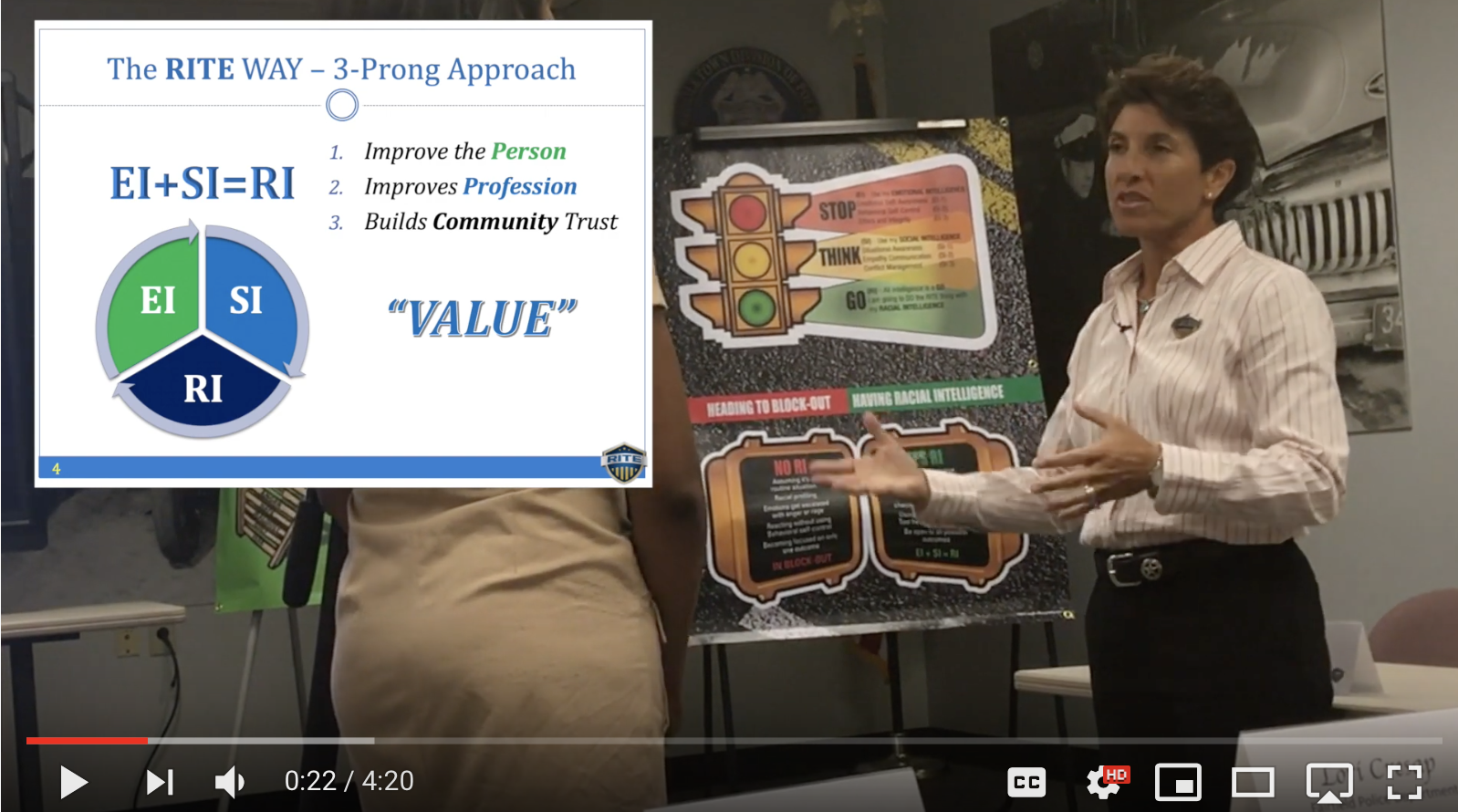
First Responders get EI Tools to Improve Mental Health and Wellness
Learn how Police Leaders are taking care of their officers with improved Emotional Intelligence and Wellness. Officer Wellness lives at the top of the Ladder…

Leesburg hosts Racial Intelligence training for Florida law enforcement
The goal of RITE training is to improve outcomes for law enforcement officers, and soon, school guardians, and the people they interact with by asking authorities to take responsibility for their emotions, instructors said.
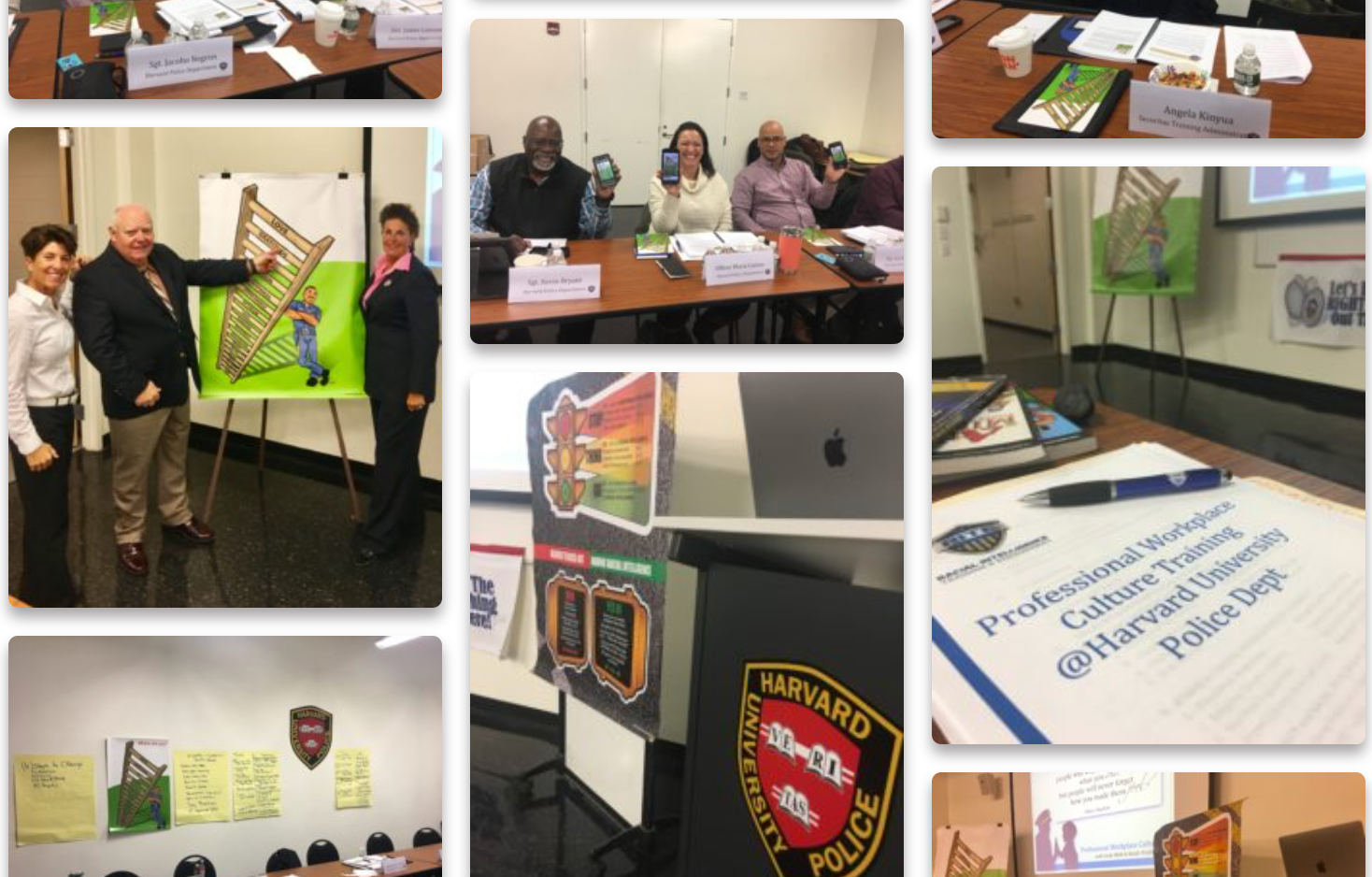
YouTube – Harvard University and Campus Police embrace Professional Workplace Training
RITE Leadership Training at Harvard University was conducted over a 2-day period. This private training was open to the Harvard University Police Leaders. Here’s what they thought…
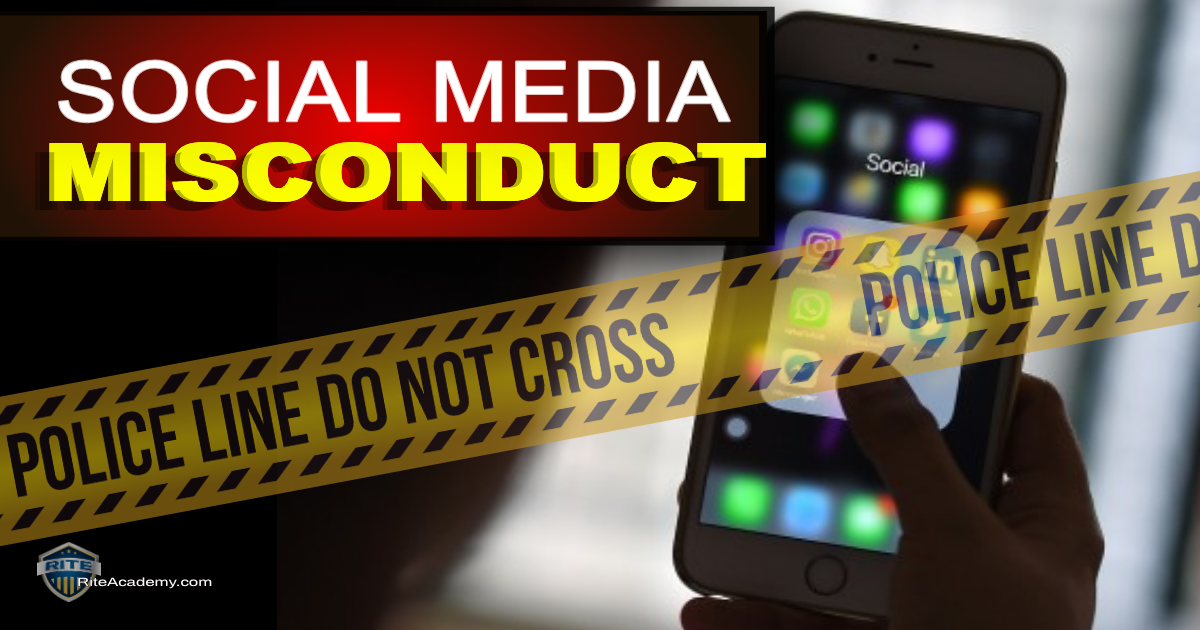
Social Media Posts can be Considered Police Misconduct
Social Media Conduct exposing bias’s behavior will be one of the biggest game-changers for police, the question is whether police executives are prepared to address it in 2020
